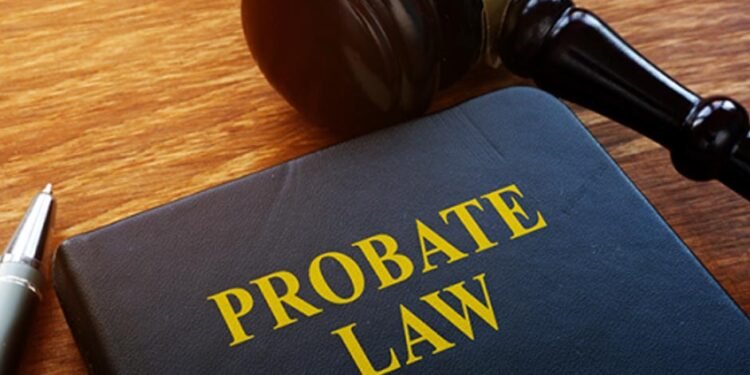Understanding Will Contests and Estate Disputes
You’ve spent years planning and saving to provide for your loved ones after you’re gone. You worked with an attorney to write an ironclad will, set up trusts, and prepare your estate. But now, someone’s contesting the will, and there are questions about your competency and your family’s inheritance hanging in the balance. You need help, fast. Don’t worry, you can still make sure your wishes are honored. This article will walk you through finding the probate attorney who can be your will’s hero – someone who understands your goals and will fight to achieve them. With the right lawyer, you can protect your legacy and give your family the security you intended. Read to learn how to locate and hire the best probate attorney in New York to defend your estate plan against any challenge.
Do You Need a Probate Attorney? Warning Signs There May Be a Challenge
Will contests and estate disputes can get messy, so you’ll want an attorney who knows the ins and outs of New York’s probate laws.
Challenging the Will
Contesting a will usually means challenging the validity of the document itself. Common reasons include lack of capacity (the person wasn’t of sound mind when signing), undue influence (someone coerced them into changing the will), or fraud. If successful, the court can declare the will void.
Disputing the Estate Administration
Beneficiaries or creditors may disagree with how the executor is handling the estate. Maybe assets went missing, expenses seemed excessive, or distributions weren’t made promptly. The court can force the executor to provide an accounting, remove and replace them, or recover assets.
Claiming Against the Estate
Those owed money by the decedent — whether creditors, spouses, or children — can make claims against the estate. The time limits for filing with the court vary, so you’ll want to act quickly. The executor must determine the validity and amounts of all claims before distributing assets.
Seeking a Larger Share
Beneficiaries disappointed with their inheritance may argue they deserve more, especially if they relied financially on the decedent or helped care for them. Negotiation and mediation are best, but litigation is an option. The court will consider the totality of circumstances in modifying distributions or the will.
As you can see, estate disputes involve complex legal issues. Have a knowledgeable probate attorney review your will and rights, and try to resolve disagreements through respectful communication when possible. But if litigation proves necessary to uphold your interests, your attorney will be well-prepared to represent you in court.
Finding the Best Probate Attorney for Your Case
If conflict is brewing with your loved one’s estate, it’s best to lawyer up. Here are some signs you may need help from a probate attorney:
Family Disputes
Emotions can run high if there are arguments over asset distribution or doubts about the validity of the will. A probate lawyer can mediate disputes and determine the legal merits of any claims.
Complex Finances
If the estate includes valuable property, investments, or business interests, the probate process can become complicated quickly. An attorney specializing in probate and estate law will know how to handle the administration properly.
Questions About the Will
Were there issues with the will’s validity or execution? Is the allocation of assets unclear or problematic? A Probate Attorney has the expertise to review the will, check for any issues, and ensure the decedent’s final wishes are carried out properly.
Significant Debts
If there are large amounts owed by the estate, creditors will need to be notified and paid. An attorney can ensure all debts and taxes are settled correctly according to the law before any remaining assets are distributed to beneficiaries.
Conclusion
While the probate process seems straightforward, there are many opportunities for things to go awry. If you have doubts or face challenges, don’t hesitate to contact a probate attorney. They can guide you through the legal complexities and help ensure your loved one’s estate is handled properly.












